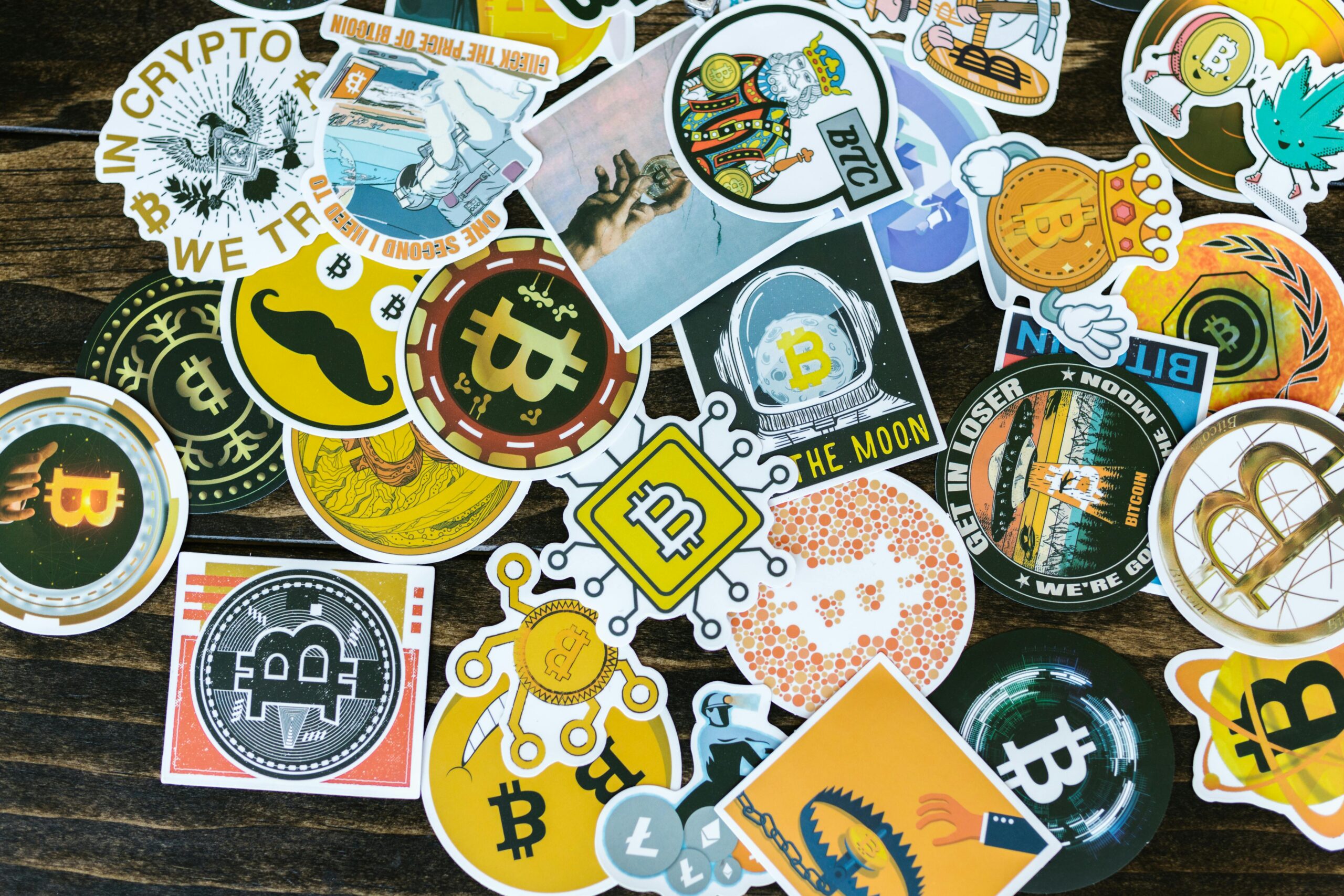
In today’s digital age, social media platforms dominate how we communicate, share, and consume information. Yet, concerns about data privacy, censorship, platform monopolies, and the monetization of user content have sparked demand for new alternatives. Enter blockchain-based decentralized social networks, a technological shift that promises to hand control back to users, foster transparency, and reshape online communities.
What Are Decentralized Social Networks?
Unlike traditional social media platforms such as Facebook, Instagram, or X (formerly Twitter), decentralized social networks are built on blockchain or peer-to-peer technologies. Instead of a single company owning and controlling the platform, these networks are distributed across nodes, ensuring that:
-
No single entity has complete control over content or user data.
-
Users own their digital identities and can move across platforms without losing their content or followers.
-
Transactions and interactions are transparent and secured by blockchain technology.
Examples of decentralized platforms include Mastodon, Lens Protocol, Steemit, and Minds, each offering a glimpse into a more user-controlled digital world.
Why Blockchain Matters in Social Media
Blockchain technology adds key elements to social networking:
-
Data Ownership – User-generated content can be tokenized as NFTs or stored on-chain, ensuring creators retain full ownership.
-
Censorship Resistance – Content cannot easily be removed by centralized authorities, which appeals to users in regions with strict regulations.
-
Decentralized Monetization – Built-in crypto economies allow users to earn tokens or cryptocurrencies for their engagement, content creation, or community participation.
-
Transparency – Transactions, governance, and platform rules can be managed via smart contracts visible to all participants.
Benefits for Users and Creators
-
Monetization Opportunities: Unlike traditional social media where platforms capture most ad revenue, decentralized networks enable creators to earn directly through tokens, tips, or blockchain-based rewards.
-
Portability of Identity: Users maintain their identity across multiple platforms without being locked into one ecosystem.
-
Community Governance: Many networks allow users to vote on decisions, creating a more democratic digital environment.
-
Privacy and Security: With cryptographic protections, users have more control over how their data is used.
Notable Examples of Decentralized Social Platforms
-
Steemit: A blockchain-based blogging and social platform where users earn cryptocurrency for creating and curating content.
-
Minds: A platform rewarding users with tokens for engagement and offering premium content features.
-
Lens Protocol: A Web3 social graph built on Polygon, allowing developers to create decentralized apps with user-owned profiles.
-
Mastodon: Though not blockchain-based, it uses a federated model, giving communities the power to run their own independent servers.
Challenges and Limitations
While promising, decentralized social networks are not without hurdles:
-
Scalability – Blockchains can struggle to handle the vast data demands of social media.
-
User Experience – Many platforms still lack the polish and convenience of mainstream social apps.
-
Content Moderation – With censorship resistance comes the challenge of moderating harmful or illegal content.
-
Adoption Barriers – For mass adoption, decentralized platforms must attract mainstream users, not just crypto enthusiasts.
-
Regulatory Concerns – Governments are increasingly scrutinizing blockchain and cryptocurrency, which could affect platform operations.
The Future of Social Networking on Blockchain
Decentralized social networks are still in their early stages, but their potential is significant. We may see:
-
Integration with the Metaverse: Decentralized identities and assets powering immersive online communities.
-
Hybrid Models: Platforms combining decentralized elements with centralized moderation for balance.
-
Creator-Led Economies: Content creators establishing their own micro-economies using tokens and NFTs.
-
Greater Interoperability: Users moving fluidly across multiple platforms with a single blockchain-based identity.
Conclusion
Blockchain and decentralized social networks represent a bold reimagining of the internet’s social layer. By prioritizing transparency, ownership, and community governance, they offer an alternative to the ad-driven, centralized model of today’s giants. While challenges remain, the momentum is clear: the future of social networking could be less about corporations controlling the conversation and more about communities owning the platforms they thrive on.
As the technology matures, the question is not whether decentralized social networks will play a role, but how big a role they will have in shaping the next generation of digital communication.